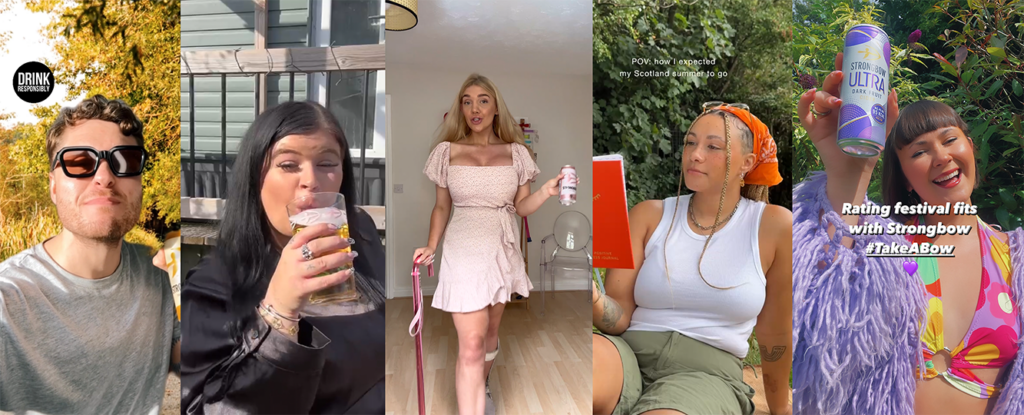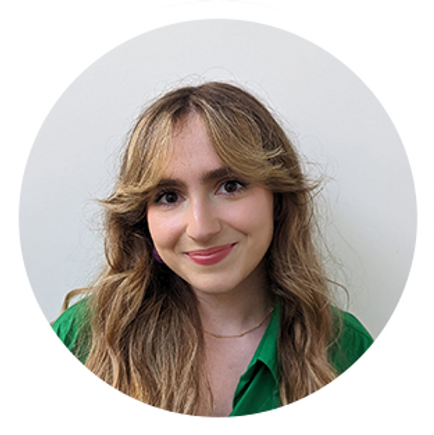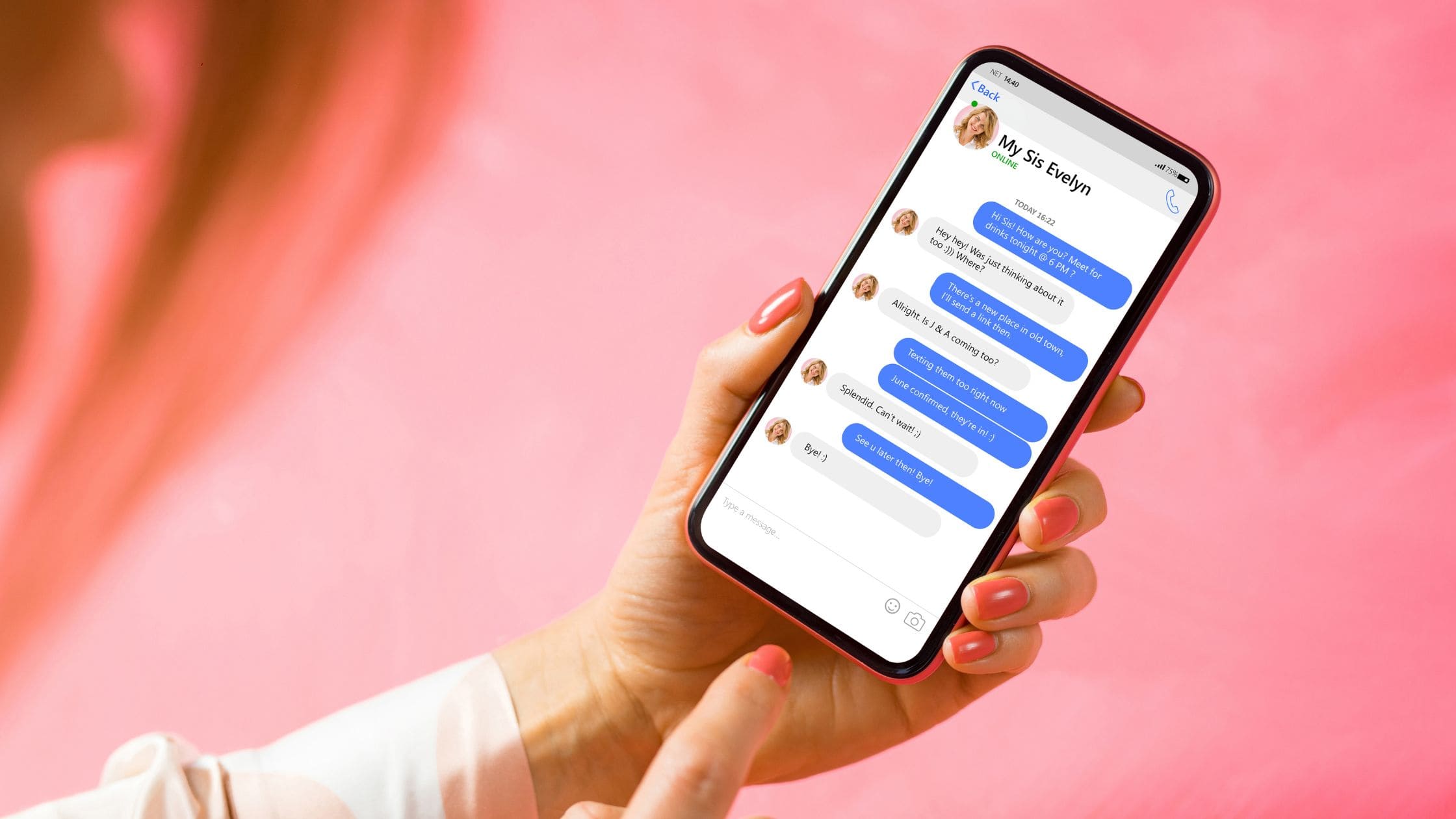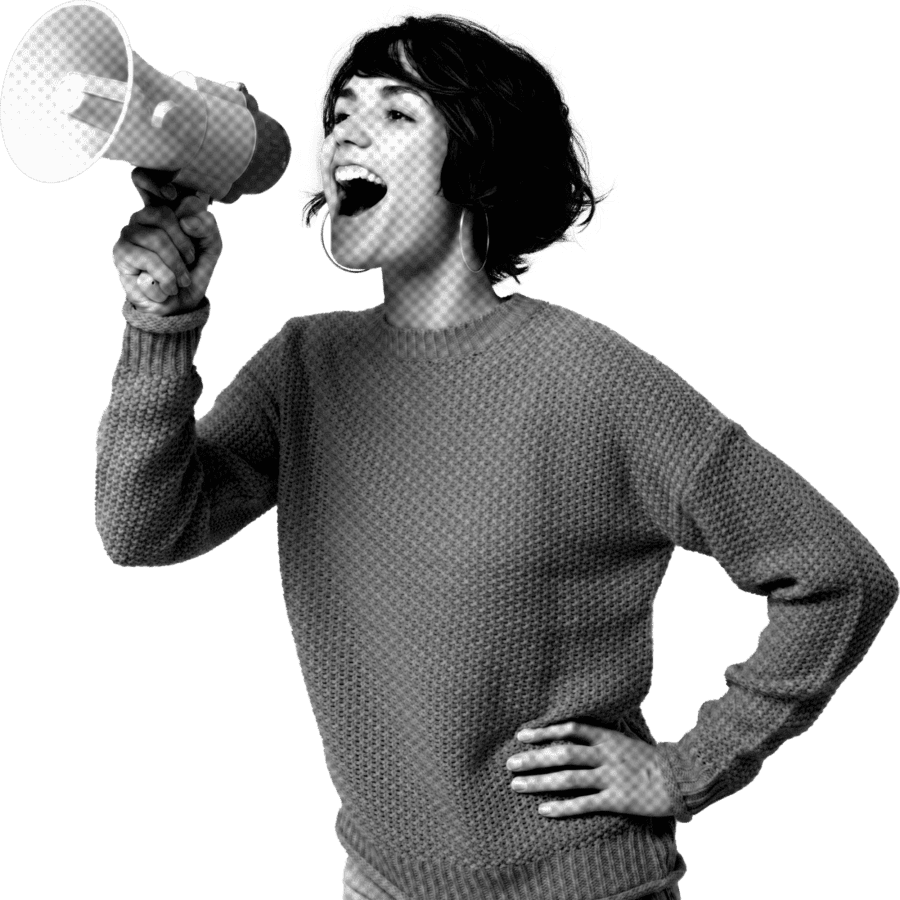In today’s diverse world, most industries play a significant role in shaping societal perceptions, and the beauty industry is definitely one of them.
For many years, the beauty industry has failed to be truly inclusive, and faced backlash as a response to that. Often by not representing the vast array of skin tones, hair textures, body types, disabilities, and cultural backgrounds that exist. In this blog post, we will explore the importance of inclusivity in the beauty industry, its current state, the challenges faced, how it can help businesses grow, and how both brands and consumers can contribute to positive change.
The Importance of Inclusivity in the Beauty Industry
Inclusivity in the beauty industry is not merely a trend or a nice-to-have; it’s a must-have. Every individual deserves to feel represented and catered to when seeking beauty products and services. When brands embrace inclusivity, they foster a sense of belonging and empowerment among consumers, ultimately leading to greater brand loyalty and trust.
Furthermore, inclusion is also a smart business strategy:
- 70% of consumers say that they’re highly likely to purchase exclusively from brands that understand them and their needs
- Businesses lose approximately £2 billion a month by ignoring the needs of disabled people
- Loyal customers (57%) that have been fans of a brand for a long time might switch from a brand if the brand demonstrates poor diversity and inclusion values
Current State of Inclusivity in the Beauty Industry
Over the past decade, the beauty industry has improved significantly when it comes to its inclusion journey. However, there is still a long way to go.
Product Diversity
Product diversity remains a significant issue in the beauty industry. Many brands continue to offer limited shade ranges, particularly in foundation and concealer lines, making it difficult for individuals with darker skin tones to find suitable products.
When it comes to product accessibility, beauty brands have even more work to do in this area. However, certain brands, like Rare Beauty or L’Oreal, have done some great improvements in product packaging. The last one recently introduced an innovative product called HAPTA, the world’s first handheld computerised makeup applicator.
Making more accessible products means taking into consideration everyone who might struggle with dexterity or face barriers when trying to use certain products. If a brand wants to be truly inclusive, the disabled community and accessibility cannot be forgotten.

Talent Diversity
The lack of diversity in beauty campaigns and advertisements is also a prevalent issue. Historically, the industry has favoured a narrow standard of beauty, often excluding individuals with different body sizes and shapes, and those from marginalised communities. This lack of representation perpetuates harmful stereotypes and reinforces beauty standards that are unattainable for many. In the case of the disabled community, they have hardly been seen in beauty campaigns. This is mainly due to old narratives and negative stereotypes around disabled people not being ‘attractive’ or ‘beautiful’.
By creating inclusive campaigns, brands can make their customers – and prospect customers – feel seen and represented, avoid stigmas, stereotypes and narrow standards of beauty.

Challenges to Inclusivity in the Beauty Industry
While progress has been made, several challenges hinder efforts towards inclusivity in the beauty industry. One of the primary challenges is the reluctance of some brands to prioritise diversity and inclusion in their marketing strategies. If a wide variety of people are being left out from a brand’s ad or social media campaign, it would negatively impact how consumers perceive the brand, how loyal they are towards it, and millions of people from marginalised groups would be put off from supporting the brand because of not being authentically represented.
The Role of Consumers
Consumers have a significant role to play in driving change within the beauty industry. By demanding inclusivity and supporting brands that prioritise diversity, they can influence the market and encourage companies to adopt more inclusive practices.
Inclusivity is Good for Business
Embracing inclusivity isn’t just the right thing to do—it’s also good for business. Brands that prioritise diversity and inclusion are more likely to attract a broader customer base, leading to increased sales and profitability. Additionally, companies that value inclusivity often enjoy higher employee satisfaction and productivity levels.
What Can Brands and Businesses Do to Improve Inclusivity in the Beauty Industry?
Brands that want to start or improve their inclusivity can do a variety of things:
DEI Training
Implementing diversity, equity, and inclusion (DEI) training programs can help educate employees about the importance of inclusivity and provide them with the tools to address biases and promote diversity within the workplace. When a brand’s team is confident around inclusion and disability, they are more likely to create successful inclusive campaigns, and avoid perpetuating old and negative stereotypes.
Inclusive Marketing
Brands should strive to create marketing campaigns that celebrate diversity and reflect the beauty of all individuals. Featuring a diverse range of models and influencers in advertisements and social media content, including those from the disabled community, who are often forgotten and left out.
Get Customer Feedback
Regularly getting feedback from customers can help brands better understand their needs and preferences, allowing them to tailor their product offerings and marketing strategies accordingly.
Audit Services & Company Structure
Conducting regular audits of company policies and practices can help identify areas where inclusivity may be lacking and provide opportunities for improvement. Additionally, companies should strive to create inclusive work environments where employees from all backgrounds feel valued and supported.

Beauty Brands Getting Inclusivity Right
Several beauty brands have made significant strides in promoting inclusivity within the industry. From expanding shade ranges to featuring diverse talent in their campaigns, these brands serve as examples of how inclusivity can be effectively integrated into every aspect of the beauty industry. These are a few examples:
Rare Beauty
Founded by singer and actress Selena Gomez, the brand is known for its strong commitment to inclusivity and accessibility. The brand aims to redefine standards of beauty by celebrating individuality and promoting self-expression.
In addition to its product offerings, with an emphasis on inclusivity in shade ranges, Rare Beauty actively promotes mental health awareness through its Rare Impact Fund, which aims to provide resources and support to individuals facing mental health challenges. Selena Gomez has also been very open about her disability and dexterity problems, hence accessibility is essential for the brand’s packaging, making it easier for everyone to use Rare Beauty products.
The brand’s commitment to inclusivity sets a great example for other brands in the industry, they not only prioritise inclusivity and accessibility in its products, but also in its marketing campaigns, which feature a diverse range of models and influencers.

Fenty Beauty
Fenty Beauty, founded by singer Rihanna, revolutionised the beauty industry when it first launched in 2017. The brand gained widespread acclaim for its diverse range of foundation shades, catering to a wide spectrum of skin tones, including those traditionally missed by the beauty industry.
The brand’s commitment to inclusivity goes beyond just product offerings. The brand emphasises diversity and representation in its marketing campaigns, featuring models of various ethnicities, skin tones, and body types. This approach has earned praise for challenging traditional beauty standards and celebrating individuality.
Overall, Fenty Beauty’s dedication to inclusivity and accessibility has had a significant impact on the beauty industry, inspiring other brands to prioritise diversity and representation. By embracing and celebrating diversity, Fenty Beauty has not only reshaped beauty standards but also empowered individuals to feel confident and beautiful in their own skin.

Human Beauty
This award-winning, disabled-owned, beauty brand is changing the beauty industry. Millie, the founder, was born with a rare condition called Cystinosis, and she opened up about how makeup became a way for her to express herself and build her confidence.
Human Beauty aims to make everyone see themselves represented in the beauty world, by focusing on representation and accessible products. Their innovative products are also tested by a diverse panel of people, including those with a range of disabilities, to make sure they actually work for a wide variety of needs. Easy-to-grip packaging and video descriptions in their content are just a few of the things that make Human Beauty committed to accessibility, and one of the most inclusive beauty brands out there.

Conclusion
Inclusivity is not just a buzzword—it’s a key element that should guide every aspect of the beauty industry. By prioritising diversity and inclusion, brands can create products and experiences that resonate with consumers from all backgrounds, ultimately leading to a more inclusive and equitable beauty landscape for everyone. It’s also important to mention that investing in inclusion is also a smart business strategy, the more people see themselves represented by a brand, the more likely they’ll be supporting said brand and becoming loyal customers.
Are you ready to embrace inclusivity in your beauty brand? Contact the Purple Goat team today to learn how we can help you create inclusive marketing campaigns that resonate with diverse audiences. Let’s make the beauty industry a more inclusive and welcoming space for everyone!




